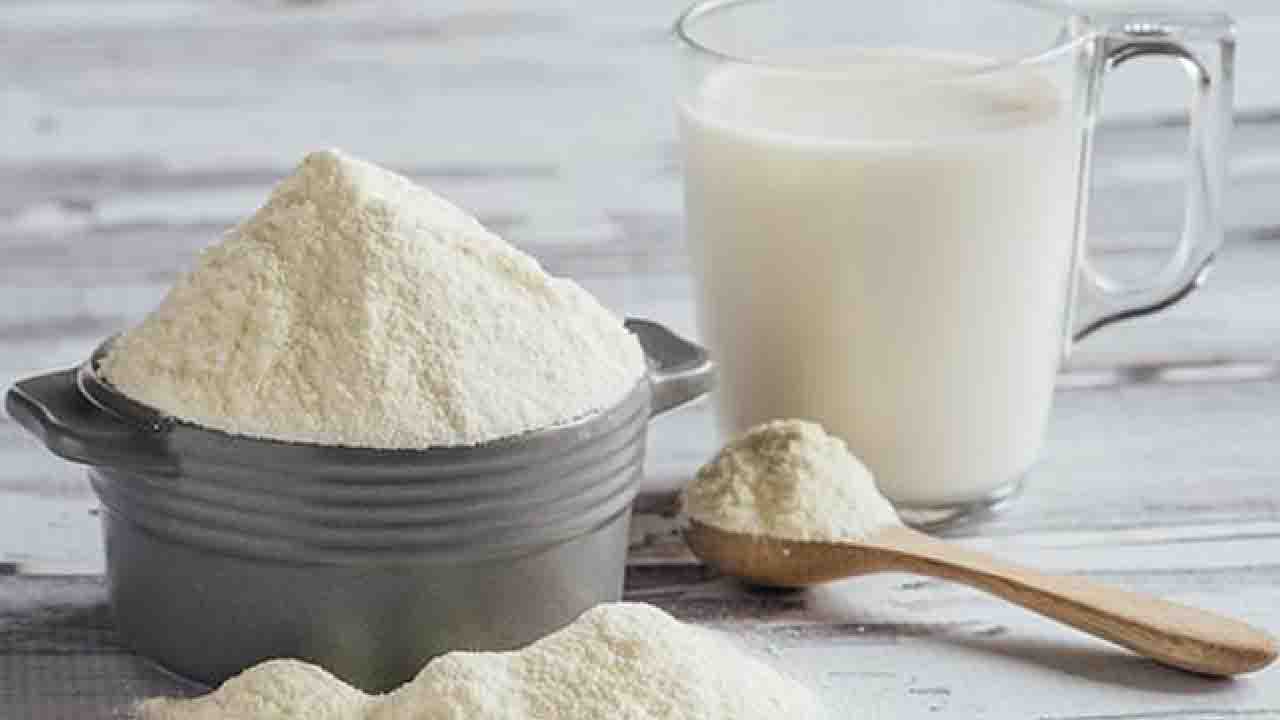(Commonwealth) _ The monthly consumption of milk powder in Sri Lanka experienced a significant downturn following the economic crisis, primarily attributed to soaring prices. A senior industry representative highlighted that the consumption, which stood at approximately 7,000 metric tons (MT) before the onset of the COVID-19 pandemic, plummeted to around 3,000 MT over the past three years. This decline was predominantly driven by escalating prices fueled by a surge in the US dollar value, a spike in global market milk prices, and an increase in government taxes.
Amidst the prevailing challenges, a ray of hope emerges on the horizon, fueled by indications of marginal improvement in Sri Lanka’s economic landscape. Notably, over one million households have re-engaged with the market, signaling a modest resurgence in milk powder consumption. However, it’s imperative to acknowledge that the overall consumption levels still lag behind those witnessed before the pandemic struck. These insights were articulated by Ravi Jayawardena, the esteemed Chief Executive Officer of Maliban Group, during a pivotal panel discussion convened by Capital Alliance Limited. The discourse centered on the evolving trends in consumer spending and the prospective outlook for post-crisis recovery in Sri Lanka.
Jayawardena’s commentary underscores the nuanced dynamics at play, wherein modest progress in consumer behavior reflects tentative steps toward economic normalization. The resurgence of household participation in the market signifies a nascent revival, albeit amidst lingering uncertainties. As Sri Lanka navigates the complexities of recovery, stakeholders remain vigilant, recognizing the incremental nature of progress and the imperative of sustained efforts to bolster consumer confidence and economic resilience.
Jayawardena projected that it would take a minimum of two years for the domestic milk powder industry to fully rebound to its pre-COVID consumption levels in terms of volume. Despite the optimism, he emphasized that progress remains sluggish. Macroeconomic factors, including the depreciation of the local currency against the US dollar, have significantly contributed to the price hikes. Consequently, around 1.7 million households out of a total of 5.6 million have ceased milk and biscuit consumption due to affordability issues.
The dependency of the milk powder industry on imports exacerbates the situation, as it remains highly vulnerable to fluctuations in the US dollar exchange rate. Jayawardena underscored the importance of dollar stabilization in curbing price volatility, even as global milk prices fluctuate by 15 to 20 percent. However, amidst these challenges, there’s a glimmer of relief as Jayawardena noted a slight reduction in milk powder prices by Rs.150 per kilogram.
“This reduction signals a positive trend, although global milk prices are on the rise,” Jayawardena remarked. He cautioned against a recurrence of the drastic price hikes observed over the past two and a half years, assuring consumers that such extreme fluctuations are unlikely in the foreseeable future. Previously, milk powder prices surged from Rs.375 to over Rs.1,200 per kilogram, severely impacting household budgets. Jayawardena’s remarks instill cautious optimism, suggesting a more stable pricing environment moving forward.
The milk powder industry in Sri Lanka confronts numerous challenges arising from economic volatility and global market intricacies. Though consumption trends exhibit tentative improvements, restoring pre-crisis levels demands persistent endeavors and economic stabilization initiatives. The sector’s vulnerability to currency fluctuations and international price shifts underscores the necessity for proactive risk management strategies to uphold consumer affordability. Jayawardena’s observations provide valuable insights into the industry’s resilience and the prevailing sense of cautious optimism amidst persisting adversities. By addressing these multifaceted challenges with strategic foresight and adaptive measures, the milk powder industry in Sri Lanka endeavors to navigate through uncertainty and sustain its vital role in the domestic market.








